In Conversation: Carolyn Fe, Chloé Hung, and Courtney Ch’ng Lancaster
Grandmother is a proud and skilled butcher, but her daughter is a vegetarian and a disappointment. To her relief, her granddaughter killed her first chicken at the age of three. Three Women of Swatow is a dark comedy that explores the story of three generations of Chinese women as they grapple with their complicated relationship with one another and deeply entangled past. But are we really talking about chicken here?
Three Women of Swatow is, at its core, a deep dive into the legacy of abuse, the power of inherited trauma, and a journey across generations and oceans – all with the promise of blood, and lots of it.
We sat down with playwright Chloé Hung, director Courtney Ch’ng Lancaster, and actor Carolyn Fe (Grandmother) to talk through the significance of a production that spans borders, time, and family history.
On the inspiration behind Three Women of Swatow
Chloé Hung: I started writing this when I was in a writing class in grad school. Taking inspiration from my grandmothers, I really wanted to write about an older Chinese woman. While they’re very different, my grandmothers both have a very sharp tongue and a sharp sense of humour. I just don’t see a lot of people writing about that. The film The Farewell was one of the first films I’ve seen with a character that reminded me of my grandmothers.
And as I started writing it, it became this story about three generations of women and about these questions around inherited trauma. What is legacy? What are the things that we pass on that we don’t realize that we’re passing on? What are the lessons that are being taught intentionally and what are the lessons being taught unintentionally? And how do we learn from that? How do we grow or not grow from that?
It then became much more a story of three generations of women who are fighting against a legacy that they’ve created for themselves and how they break from it.

In workshops for Three Women of Swatow. Photo courtesy Tarragon Theatre
On repeated patterns within families
Courtney Ch’ng Lancaster: In the opening scene, we meet Grandmother and Mother. We realize there is a present-day crisis unfolding with Mother but that this crisis is simply a repetition of a crisis that was happening with Grandmother. Grandmother’s crisis happened in Swatow and even though they’ve come to Canada and crossed an ocean, it turns out that doesn’t really change the fundamentals of who you are and what your identity is.
Carolyn Fe: These events have happened, and they have to move on. It’s intergenerational crisis management!
On dark and twisted women
CCL: It’s a dark comedy about these three generations of women who are fighting to survive using whatever they have at their disposal. It’s about these women doing things you don’t often see women doing. They’re twisted, they’re vile. Their idea of what is moral is not quite what we would think. Their idea of faith, loyalty, taking care of each other – it’s all so twisted. But fundamentally, it comes from this desperate need to survive and a desperate love for each other.
CF: What I love about this is that even though certain events happen, and it goes against our social standards – for lack of a better word – these are three very strong women. Regardless of how warped their belief system or thinking is, these are very strong women!
CCL: Yes, and by the end of it, they’ve all fully crossed over to the dark side. But at least, they’ve done it all together.
CF: Yes, we are family (giggles).

In workshops for Three Women of Swatow. Photo courtesy Tarragon Theatre.
On tapping into the dark side
CF: This is a toughie. This one is really challenging me to pull from my dark side. It’s so refreshing to have a director say things to me like, “Stop smiling!” or “You’re being nice this morning, stop it.” It’s always been a place I’ve wanted to go as an actor and I’m having fun. I’m exhausted at the end of the day, but I can’t wait to become the grandmother that Courtney is pulling out of me.
CCL: You know, you hear the word grandmother and you think baking cookies and all this sweetness. But right off the bat we meet the grandmother that Carolyn plays so brilliantly and she’s reading her favourite Bible verses and they’re all about terrible violent acts, usually by a badass woman. That’s where we meet her – reading the goriest bits.
On the significance of multigenerational and racialized women on stage
CF: I believe that the stage is ready for people of colour. We’re well on our way.
But I don’t think we’re ready for the older women. Ageism is still very well and alive in our industry. If you’re an older actor, you’re given the grandmother character who’s loving and nurturing. If it’s not that, it’s the other extreme where she might be hysterical. There’s nothing in the middle where I can play someone off kilter and then come back, and then go the other way. This is one of very few plays.
CCL: And earlier this season here at Tarragon, there was Seana McKenna in Kat Sanders’ Yaga. It’s exciting to see these opportunities for older women to play twisted, unusual characters who aren’t based on age, body, or gender. Frankly, male actors get to play all kinds of complicated characters all the time and yet someone looks at you and typecasts you as the sweet grandmother.
CF: Exactly! And sure, I’ll gladly take the job as a sweet grandmother, but as an actor, I want to chew on something more. I want to be challenged. I want that complexity. I want the layers.

In workshops for Three Women of Swatow. Photo courtesy Tarragon Theatre.
On intergenerational dialogue within the text and production
CCL: In the play, the grandmother and mother have this tension between them because they don’t speak about what’s happened to them in the past. There’s this conviction, on the part of the grandmother, that if we just keep moving forward, if we just keep being strong and surviving, then we’re succeeding, and everything will be ok.
At a certain point, the mother has to confront her and say you have to consider me, and you have to talk to me. We have to admit what happened and reveal ourselves to each other before we can move forward. Even though years and years have passed, we are still trapped in the past when we don’t speak about it.
CF: In the Chinese or, more broadly, the Asian home environment, especially in that grandparent generation, we haven’t been taught to talk through our feelings. But in this play, you have the mother who is now living in Canada, who grew up in Canada. And it’s a completely different culture. The mother who’s grown up in this place wants to talk about feelings.
CCL: A lot of the dark comedy stems from that. Mother wants to talk touchy-feely but nope! Grandmother just shuts that right down. She’s playing emotional whack-a-mole. An emotion comes up? WHACK! Repress it! Another emotion comes up? WHACK! Repress it!
On the personal internal culture clash
CCL: All three of us are mixed race and have Chinese roots, and we see these internal culture clashes in ourselves.
On the first read of this play, I found out that my grandma in Malaysia who was in her mid-90s had just passed away. I got this information right as we finished that first read and my immediate panic was, “My mother! I need to cancel the rest of rehearsal and rush home and take care of my mom and make sure she’s ok.”
But my husband who was at home at the time said, “The last thing your mom wants is for you to rush home and coddle her right now. She wants you to stay at work and get your job done today. She doesn’t really want to talk about it. She just wants to take care of herself and move on and think about her mother and grieve in her own way.” And of course, my mom was very sad, but we just grieve in such different ways.

n workshops for Three Women of Swatow. Photo courtesy Tarragon Theatre.
On intergenerational dialogue and healing in life
CH: As I’ve started to explore my family history and especially my grandmother and her story, I’m discovering that I could write endless stories about my grandmother’s journey of being from Swatow, of living through the war; escaping communism; going to Hong Kong and starting over; coming to Canada and starting over.
In asking her about her life and having her tell me about stories of her life – stories that I don’t think she’s had a chance to tell people – I have found that to be incredibly healing.
I don’t want to draw a direct parallel between Three Women in Swatow and my grandmother’s stories in terms of subject matter, but in a broader sense I think that hearing the stories of those who came before us is always going to be healing.
Sometimes you find that they’ve been through the exact same thing you’re going through. Other times – many times – you’ll find that they have gone through things you can’t even begin to fathom. And there’s a lot of learning in that.
On what audiences should take away from this production
CF: I hope this play will make the audience aware of how they affect their family members. I’m sure there are going to be people of my generation in the audience and I hope they can step back and think, “What am I doing to my son or daughter? And are they doing the same to my grandkids?”
I hope they see that. They shouldn’t necessarily do what we do in the play, but I hope it acts as a snap for them to reflect on their impact.
CH: The bigger picture of what the play is really about is these generations and how one generation influences the next. We explore what is inherited trauma and what it can do to future generations. It’s an ongoing process to break out of that mould.
For more information on Three Women of Swatow, click here.

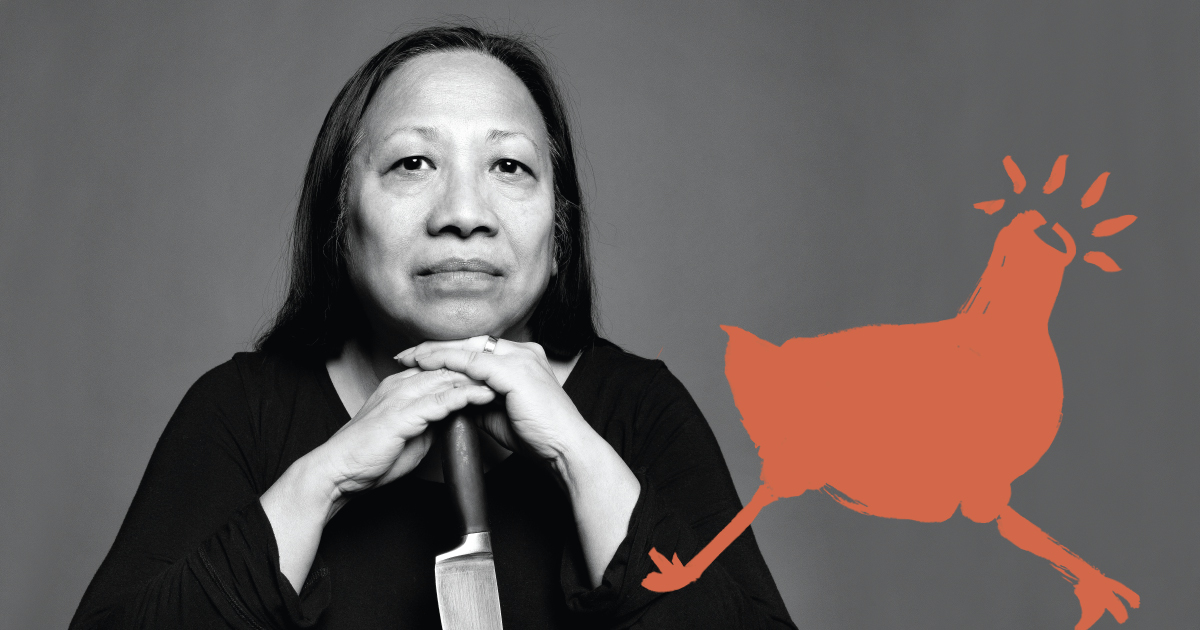
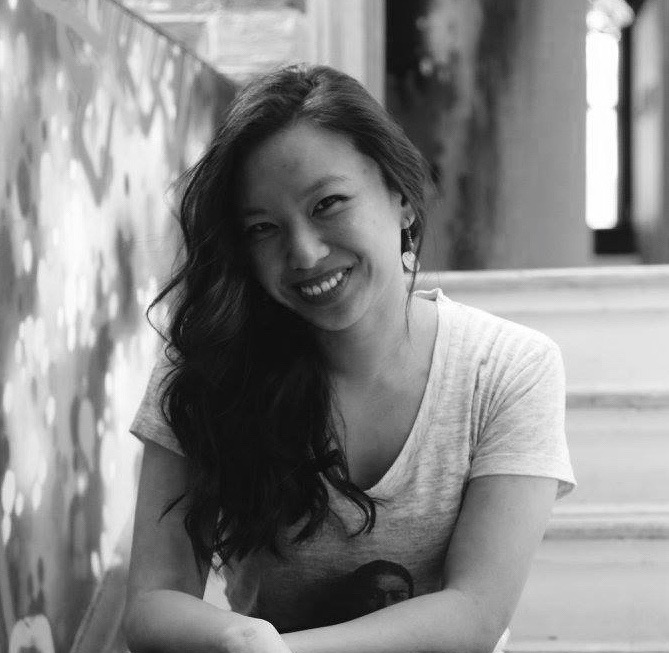



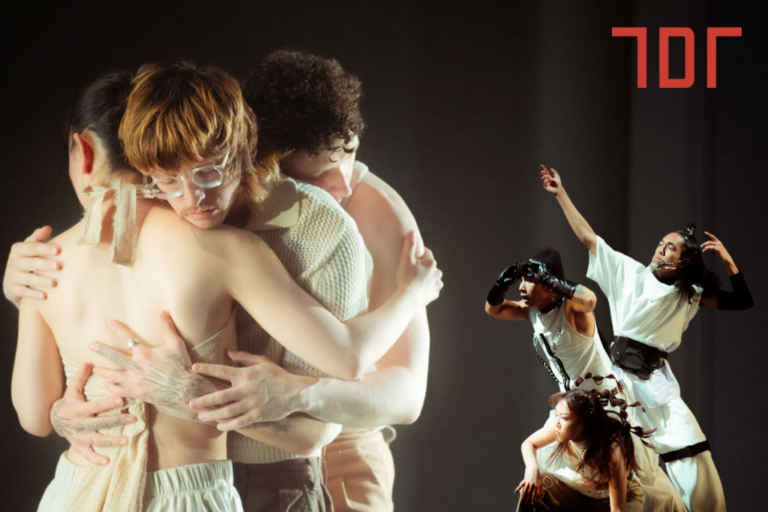
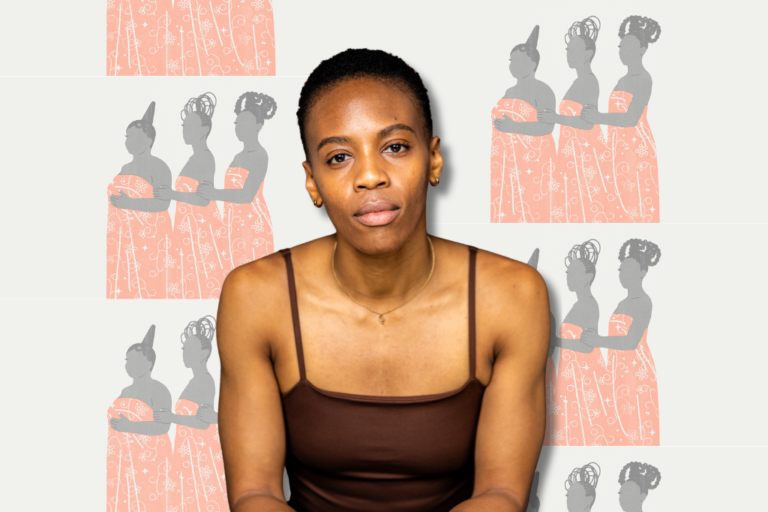
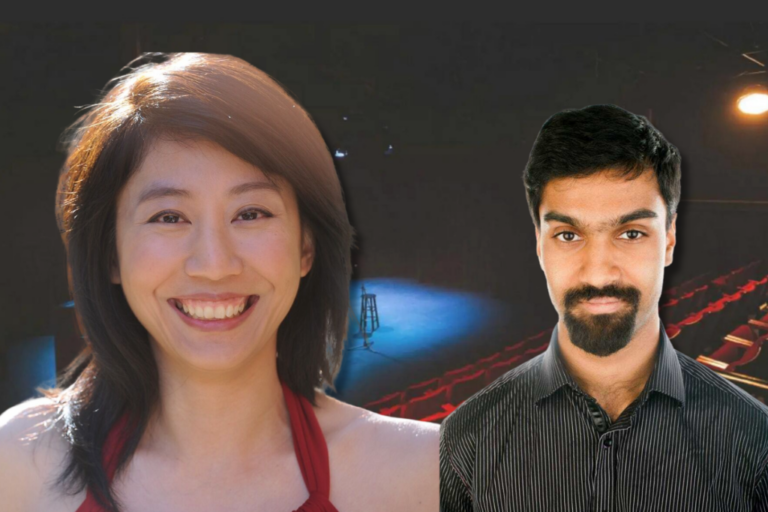
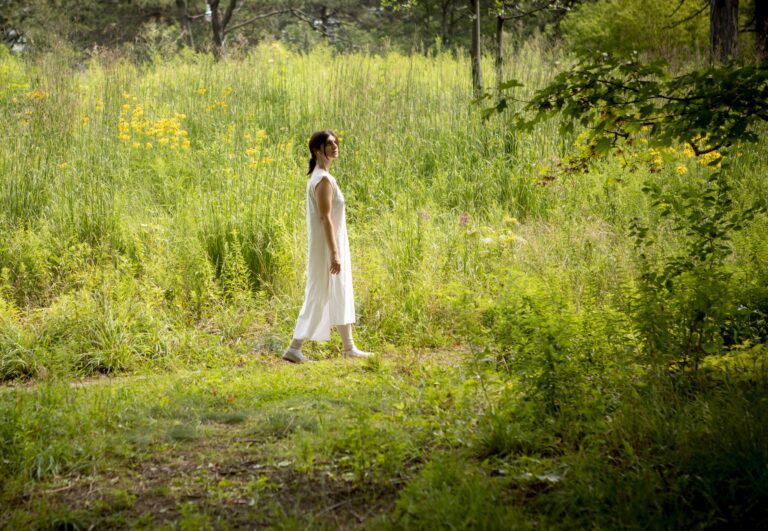

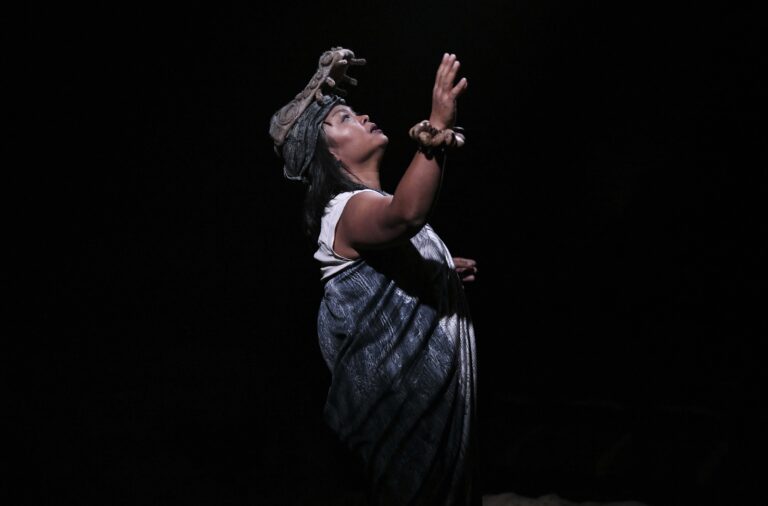
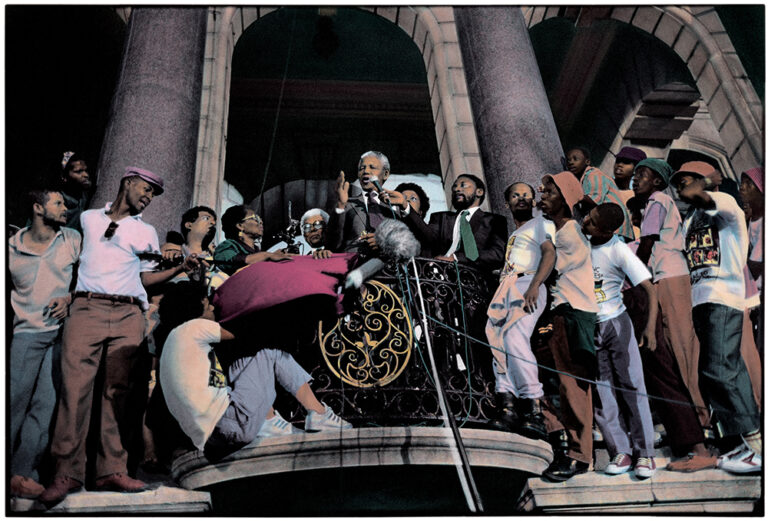
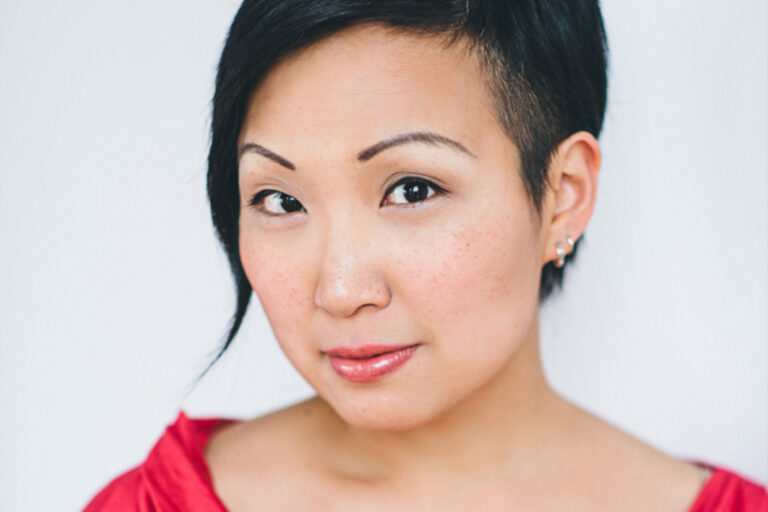
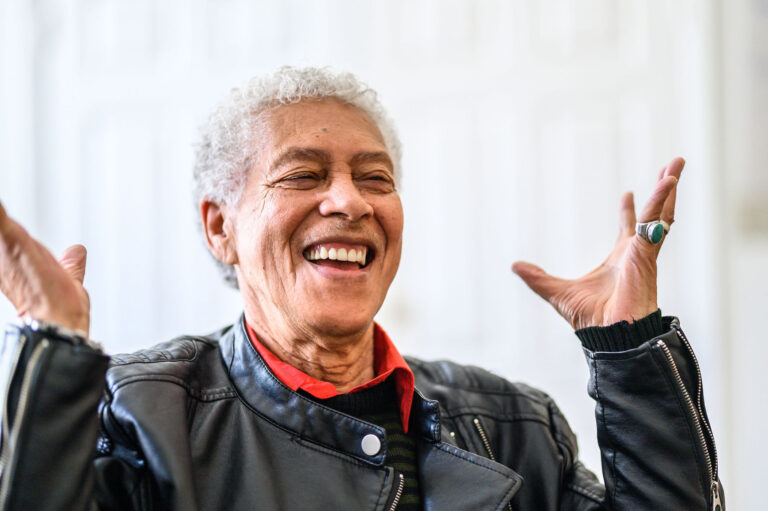
Comments